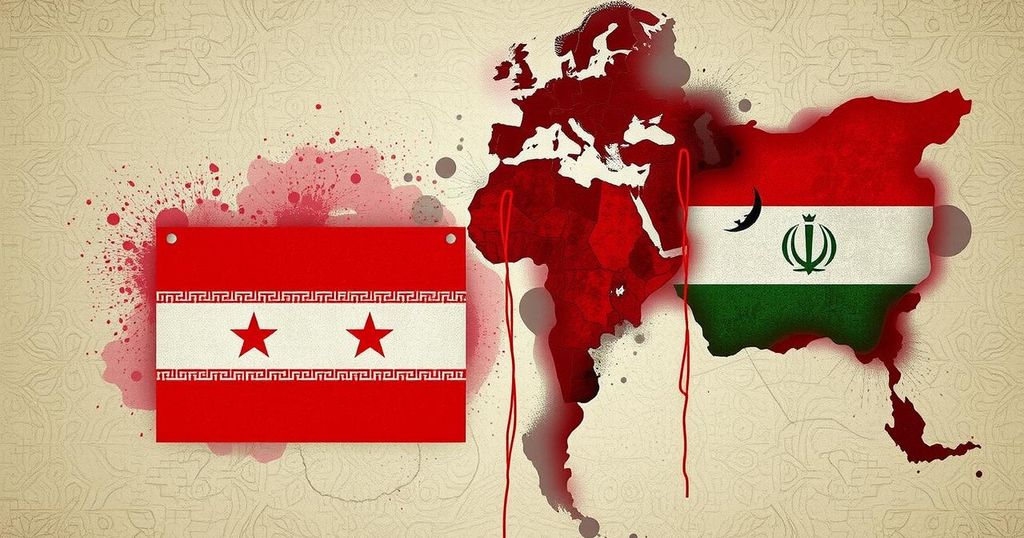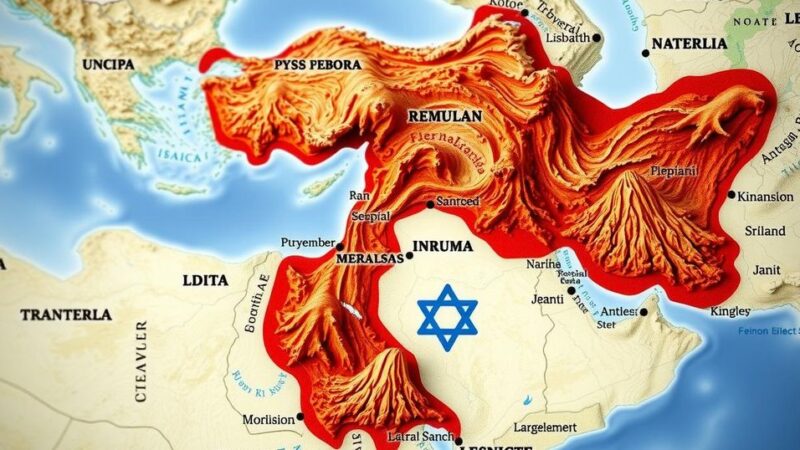The UN has urged restraint in Syria amid targeted killings of Alawites, highlighted an increase in executions in Iran, and welcomed new protections for human rights defenders in the Central African Republic, marking significant human rights concerns and developments across these regions.
The United Nations Human Rights Office has called for restraint in Syria, where reports indicate targeted killings of members from the Alawite community and other minority groups. Liz Throssell, spokesperson for the UN OHCHR, expressed concern over incidents documented in Homs and other cities, urging adherence to international humanitarian and human rights laws. She emphasized the need for accountability regarding crimes committed against minorities and stressed the importance of safeguarding the rights of women and children in the new security environment following the regime change.
Simultaneously, the situation in Iran has come under international scrutiny due to a significant increase in executions, with the UN OHCHR reporting at least 901 executions in 2024 alone. UN High Commissioner for Human Rights, Volker Türk, condemned this alarming trend, particularly highlighting that many were conducted for drug-related offenses and others were dissidents targeted following the protests triggered by Mahsa Amini’s death in custody. He reiterated that the death penalty violates the fundamental right to life and raises the unacceptable risk of wrongful executions.
In the Central African Republic, a new law protecting human rights defenders has been welcomed as a monumental advancement towards safeguarding fundamental rights and civic space. Yao Agbetse, an independent expert on the country, described the law as a crucial measure to protect organizations and individuals advocating for rights. The provisions of this legislation ensure these defenders receive necessary protection, legal support, and safeguards against persecution, marking a significant step in democratic progress within the Central African Republic.
Recent developments focused on human rights issues across Syria, Iran, and the Central African Republic highlight the precarious nature of civil rights in these regions. In Syria, the targeting of Alawites and other minority communities following the regime’s overthrow indicates ongoing ethnic strife. Iran’s alarming spike in executions raises serious concerns regarding state repression and the ramifications of dissent. Conversely, legislative progress in the Central African Republic signifies a potential move towards enhanced protections for human rights advocates, which could contribute positively to the overall human rights climate in the nation.
The reports from Syria, Iran, and the Central African Republic underscore a complex landscape of human rights challenges and achievements. In Syria, targeted violence against Alawites and other minorities requires urgent attention to uphold their rights. Iran’s significant increase in executions calls for immediate global action against capital punishment practices. Conversely, the Central African Republic’s new legislation represents a hopeful advancement for the protection of human rights defenders, illustrating a commitment to improving civic freedoms and fostering human rights advocacy.
Original Source: news.un.org







